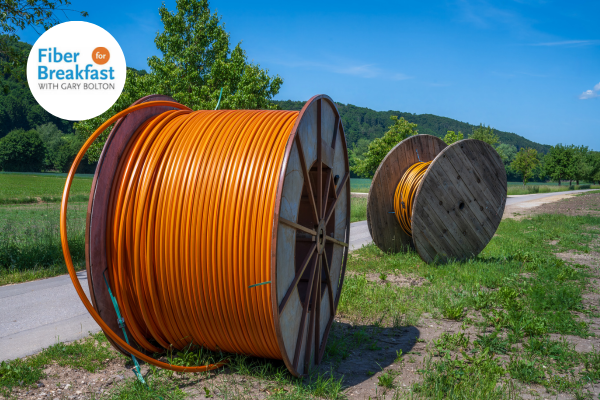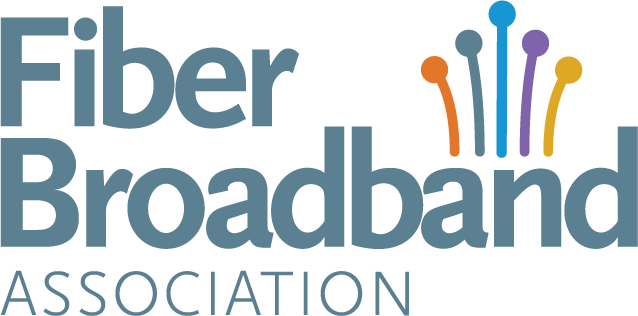FFB Week 45: Signals of Change: How Fiber is Transforming Kansas
FFB Week 45: Signals of Change: How Fiber is Transforming Kansas
On this week’s Fiber for Breakfast, Joseph Le, Interim Director of Broadband Development at the Kansas Department of Commerce, joined FBA President and CEO Gary Bolton to discuss the progress Kansas has made expanding broadband access—and how fiber continues to reshape communities across the state.
Established in 2020 by an executive order from Governor Laura Kelly, the Kansas Office of Broadband Development has grown into a ten-person team managing nearly half a billion dollars in federal and state broadband programs. Le shared that the state recently completed its Capital Projects Fund (CPF) initiative, an $83.5 million program connecting nearly 25,000 locations across Kansas with 100/100 Mbps symmetrical speeds. Oversubscription to the program allowed Kansas to exceed its original 100/20 Mbps target and deliver stronger service to more homes and businesses.
The CPF program’s success has helped shape the state’s strategy for administering BEAD, which Le said has taken longer to deploy due to federal requirements. “If Kansas could have run BEAD the way we did CPF, we would have,” he said, emphasizing that Treasury’s flexibility allowed states to tailor programs to their unique needs to deliver faster results.
Kansas has also invested heavily in middle-mile infrastructure through a $42 million Enabling Middle Mile grant from NTIA. The project, known as the Free State Network, will stretch from Kansas City to the southwest region of the state, creating a robust backbone to support future broadband expansion.
Le also highlighted the launch of the state’s first Internet Exchange Point (IXP) in Wichita, made possible through the $30 million Link Grant. The IXP will keep internet traffic within the state, improving efficiency, lowering costs, and strengthening network resiliency.
In addition to infrastructure, Kansas is advancing digital opportunity programs like Adopt and DOC (Digital Opportunities to Connect)—both funded through the U.S. Treasury—to expand public Wi-Fi, distribute devices to schools and community organizations, and provide digital literacy training statewide.
Looking ahead to 2026, Le said Kansas aims to move the BEAD program into construction, complete the Adopt and DOC initiatives, and continue awarding funding through the Broadband Acceleration Grant (BAG) program. “We’re looking forward to continuing our progress on last-mile infrastructure.” Together, these initiatives will help Kansas close its remaining coverage gaps and strengthen broadband access for communities across the state.
Click here to watch the full interview.
Click here for the slides presented.




